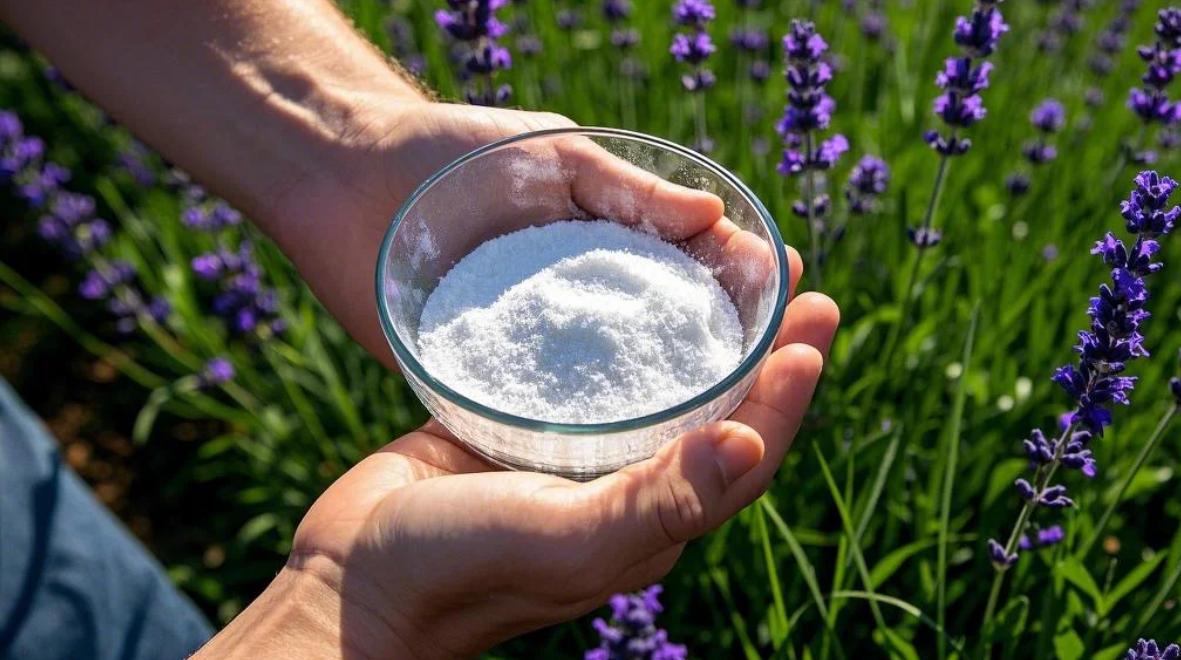Table of Contents
What Is Soluble Fiber?
Soluble fiber is a type of dietary fiber that dissolves in water and forms a gel-like substance in the digestive tract. Soluble fiber has many health benefits, such as lowering cholesterol and blood sugar levels, improving gut health and immunity, and promoting weight loss. Soluble fiber is found in many plant foods, such as fruits, vegetables, grains, legumes, nuts, and seeds.
What Is Organic Inulin?
Organic inulin is a specific type of soluble fiber that is extracted from organic sources, such as chicory root or Jerusalem artichoke. Organic inulin is a fructan, which means it is composed of chains of fructose molecules. Organic inulin is prebiotic, which means it feeds the beneficial bacteria in the gut and supports the gut microbiome.
How Does Organic Inulin Compare to Other Soluble Fibers?
Other soluble fibers include psyllium husk, flaxseeds, oat bran, barley, lentils, beans, and more. These soluble fibers have different chemical structures and properties, such as viscosity, fermentability, and solubility. These factors affect how they interact with water, enzymes, and bacteria in the digestive system.

The table below summarizes some of the differences between organic inulin and other soluble fibers:
| Soluble Fiber | Source | Structure | Viscosity | Fermentability | Solubility |
|---|---|---|---|---|---|
| Organic inulin | Chicory root, Jerusalem artichoke | Fructan | Low | High | High |
| Psyllium husk | Plantago ovata seeds | Arabinoxylan | High | Low | Low |
| Flaxseeds | Linum usitatissimum seeds | Mucilage | High | Moderate | Moderate |
| Oat bran | Avena sativa grains | Beta-glucan | High | Moderate | Moderate |
| Barley | Hordeum vulgare grains | Beta-glucan | High | Moderate | Moderate |
| Lentils | Lens culinaris legumes | Pectin, hemicellulose | Moderate | High | Moderate |
| Beans | Various legumes | Pectin, hemicellulose | Moderate | High | Moderate |
What Are the Pros and Cons of Organic Inulin?
Some of the advantages of organic inulin over other soluble fibers are:
- It has a high solubility, which means it can be easily added to foods and beverages without affecting their texture or taste.
- It has a high fermentability, which means it can stimulate the growth of a wide range of beneficial bacteria in the gut and produce short-chain fatty acids that nourish the colon cells and regulate inflammation.
- It has a low viscosity, which means it does not cause bloating or gas as much as other soluble fibers that form thick gels in the digestive tract.
- It has a slightly sweet taste, which means it can be used as a natural sweetener and reduce the need for added sugars.
Some of the disadvantages of organic inulin over other soluble fibers are:
- It may cause digestive discomfort or intolerance in some people who are sensitive to fructose or have irritable bowel syndrome (IBS) or inflammatory bowel disease (IBD).
- It may not be as effective as other soluble fibers in lowering cholesterol and blood sugar levels because of its low viscosity and limited interaction with bile acids and enzymes.
- It may not be as widely available or affordable as other soluble fibers that are more commonly found in foods or supplements.
Conclusion
In conclusion, organic inulin is a type of soluble fiber that has unique benefits for gut health and prebiotic activity. However, it may not suit everyone’s needs or preferences and may have some limitations compared to other soluble fibers. Therefore, it is advisable to consult with a healthcare provider before taking organic inulin or any other fiber supplement and to consume a variety of fiber-rich foods to obtain the optimal amount and type of dietary fiber for your health.

